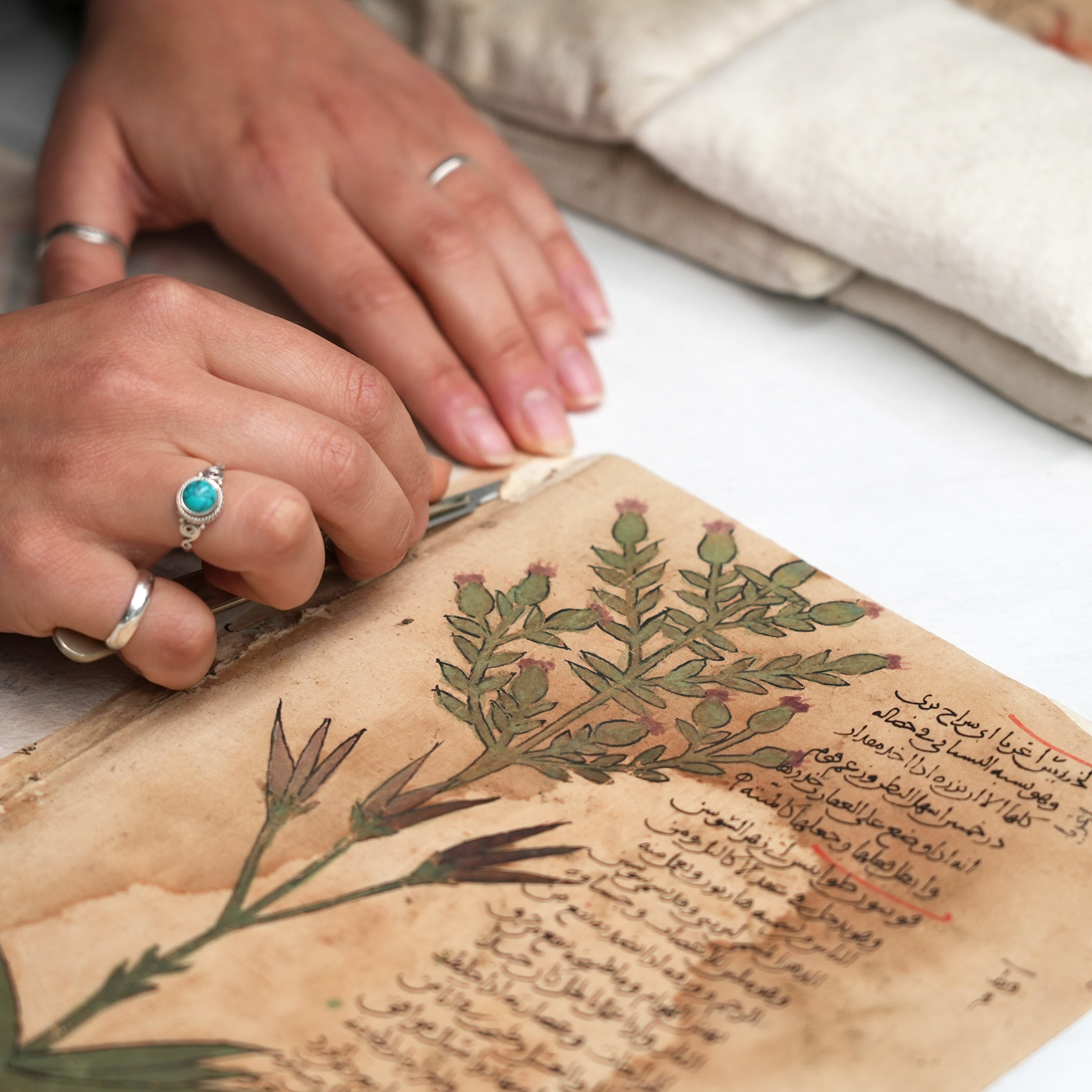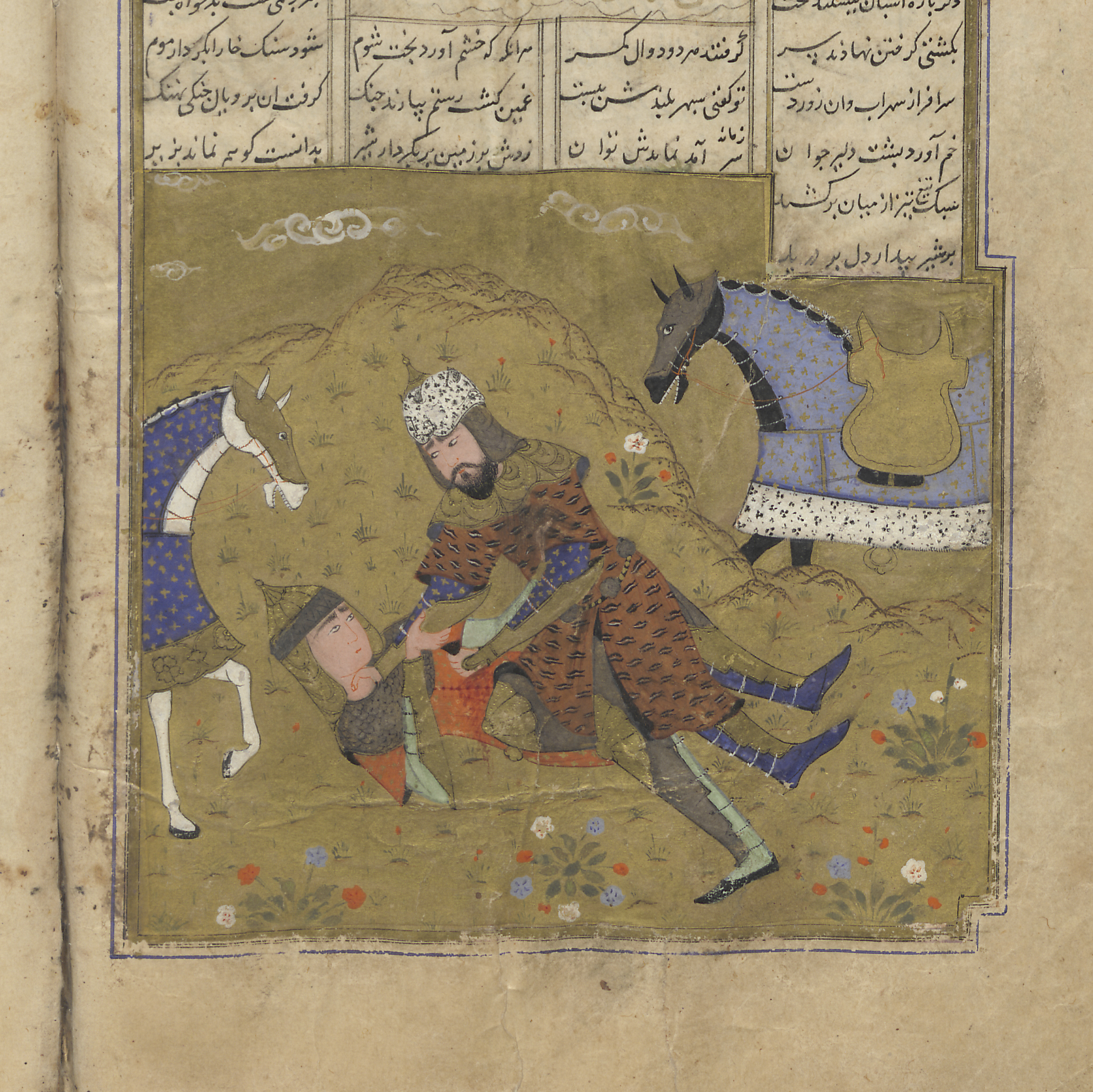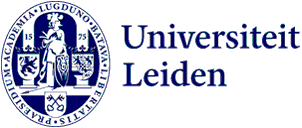
Lecture series Treasures from the Middle Eastern Manuscript Collections and their Wealth of Knowledge
Persian stories with beautiful miniatures, letters on papyrus from Egyptian traders and medicinal manuscripts translated from Greek and edited in Arabic. Studium Generale organizes a lecture series on the world-famous manuscripts from the Middle East collection of Leiden University Libraries (UBL). The lecture series is held as a prelude to the new Middle Eastern Library, which will be opened at the beginning of the 2024-2025 academic year.
Several experts will lecture about the versatile and fascinating stories that have been preserved in these manuscripts. The lecture series starts on 2 April and runs until 21 May 21. Every lecture can be followed separately. The series takes you from Samarkand in Central Asia and Isfahan in Iran, via Cairo to Granada in present-day Spain and from the 9th century to the 20th century. All the while, we will look at theological treatises, legal texts, medical treatises, chronicles, literary and epic stories and letters.
All lectures except the one by Dr. Ahab Bdaiwi on 14 May will be given in Dutch.
The lectures will be held on Tuesday evenings, 2, 9, 16 and 23 April, and 14 and 21 May from 7:30 PM to 9:00 PM in room 0.19 in the Lipsius building, Cleveringaplaats 1 in Leiden. The lectures are free of charge. Everybody is welcome!
Tuesday 2 April | Leiden University's world-renowned collection of Middle Eastern Manuscripts
Prof.dr. Petra Sijpesteijn, Professor of Arabic, LIAS, Leiden University and dr. Arnoud Vrolijk, Curator for Middle Eastern manuscripts and printed works, Leiden University Libraries
In this introduction we explain which kinds of knowledge lay hidden in manuscripts - it is no longer 'just' about the text it contains. You will also learn how Leiden acquired its valuable collection. In the following weeks, various experts will bring one of Leiden's treasured Middle Eastern manuscripts to life, while explaining what makes it so special and which exciting and important stories can be told through it. The lectures can be followed separately.

Tuesday 9 April | Papyrus, roses and a sea cat: the Leiden Dioskurides
Prof.dr. Remke Kruk, emeritus professor Arabic language and culture, LIAS, Leiden University
The Greek physician Pedanius Dioskurides lived in the first century AD. Not much is known about his life, but his book on plants, their medicinal uses and other useful functions would become the basis for herbalism not only in Europe, but also in the Middle Eastern world. It is known as Materia Medica.
The book was translated into Arabic in the 9th century, and has been regularly updated since then. Arab physicians and pharmacologists used it intensively. Manuscripts of the text are often beautifully illustrated. The Leiden Manuscript, Or. 289, is a showpiece in that respect: filled with beautiful illustrations not only of plants, but also of animals. It was written in Samarkand, "on a Monday in the middle of Ramadan, in the year 475", that is, in February 1083 of our era. It is one of the highlights of the Leiden collections.
Tuesday 16 April | Leiden papyri and the economic history of the early medieval islamic world.
dr. Jelle Bruning, university lecturer, LIAS, Leiden University
Around 900 CE, The Islamic empire, which then stretched from the Hindu Kush in the east to the Atlantic Ocean in the west, enjoyed great economic prosperity. Goods were shipped from within and outside the empire to the major cities; and agriculture not only provided the population with food, but also the caliph and his governors with tax money to finance a government apparatus and an army. The Leiden University Library has a small treasure trove of texts that provide a unique picture of trade at this time: original letters and legal documents written by or for interregional traders, craftsmen and local farmers in ninth- and tenth-century Egypt. These texts, written in Arabic on papyrus, provide insight into the organization of local and interregional trade and the ins and outs of farming businesses in unparalleled detail. Using these Arabic papyrus documents, in this lecture we will study how the work of individual farmers and traders at a local or regional level was part of larger economic developments.

Tuesday 23 April | De geschiedenis van het Perzische Boek der Koningen. Tekst en context van het geïllustreerde Shahnama-handschrift Or. 494
Prof.dr. Gabrielle van den Berg, hoogleraar Cultuurgeschiedenis van Iran en Centraal Azië, LIAS, Universiteit Leiden
The Shahnama or Book of Kings is one of the most famous works of Persian literature. The extensive epic in verse was written more than a thousand years ago, but is alive and well to this day in the Persian-speaking world, especially in Iran, Afghanistan and Tajikistan. The Leiden University Library holds a special copy of this work, an illustrated manuscript from the fifteenth century made in the Iranian city of Shiraz. Based on this unique manuscript, we are introduced to the rich and fascinating world of Shahnama and we discuss the role of poetry and material culture in the political history of the Middle East.
Tuesday, 14 May | The Commentary on the Remarks and Admonitions of Ibn Sina by the Shi’i Polymath Nashir al-Din al-Tusi
Dr. Ahab Bdaiwi. University Lecturer Arabic and Medieval Philosophy and Late Antique Intellectual History, Institute for Philosophy, Leiden University
The Remarks and Admonitions is a philosophical and theological compendium penned by the greatest mind in medieval Islam, Ibn Sina (d. 1037). In it, the author offers intelligent reflections on a range of issues such as the nature of God, proofs for the existence of a divine being, and the human soul and how one ought to cultivate piety. The commentary by Tusi is a rich explication to show that the ideas of Ibn Sina match perfectly with the religious worldview of Shi’i Islam, the second largest branch in Islam. The lecture will show how the text, a widely studied canon, was passed down from one generation of scholars onto another for centuries. It will gives us a glimpse into the intellectual workings of medieval Muslim thinkers and their attempts to make sense of the world around them.
Tuesday, 21 May | Living texts. How users added their knowledge to medical texts
Prof.dr. Petra Sijpesteijn, professor of Arabic, LIAS, Leiden University
'Working texts', i.e. books used in practice, such as practical legal treatises, instructional texts for magical and medical treatments, were not only a source of knowledge for physicians, but also notebooks for observations, findings, recipes and treatments. Users added their comments in the margins and blank pages of the books they consulted in their practices. When the books were copied, these later additions were sometimes copied, so that myriad different versions were created, which in turn were adapted during use. During this lecture we will look at a striking example from the UB collection, namely the book that the 13th century physician from Yemen al-Sanawbari wrote about diseases, injuries and conditions and how they can best be remedied with certain foods, medicines and treatments. The text became a gathering place for all kinds of useful information. We look at what kind of texts were added to this book and what these say about the use and function of this text.

Registration and livestream
Registration for the lectures is not mandatory, but is appreciated. Anyone who registers can be kept informed of any changes by Studium Generale. Studium Generale also sends a reminder on the day of the lecture. The lectures can also be followed and viewed via the livestreams below. Registering and following of the livestream is possible via:
- 2 April - Register | Livestream
- 9 April - Register | Livestream
- 16 April - Register | Livestream
- 23 April - Register | Livestream
- 14 May - Register | Livestream
- 21 May - Register | Livestream
Stay up to date
Do you want to stay up to date with the latest activities around the Leiden University Libraries' Middle Eastern collections, or other activities around the opening of the Middle Eastern Library or our other Special Collections? Register for our mailing list and receive an invitation for every event.
